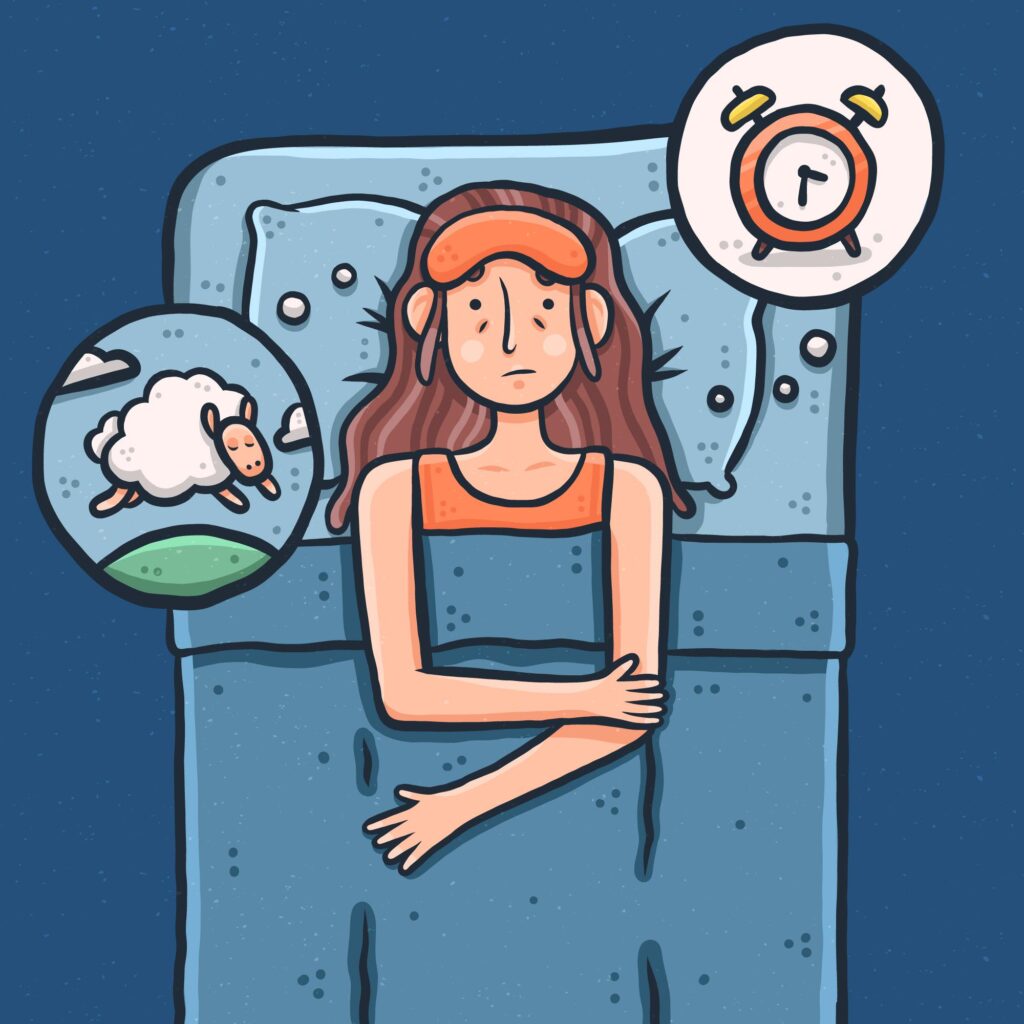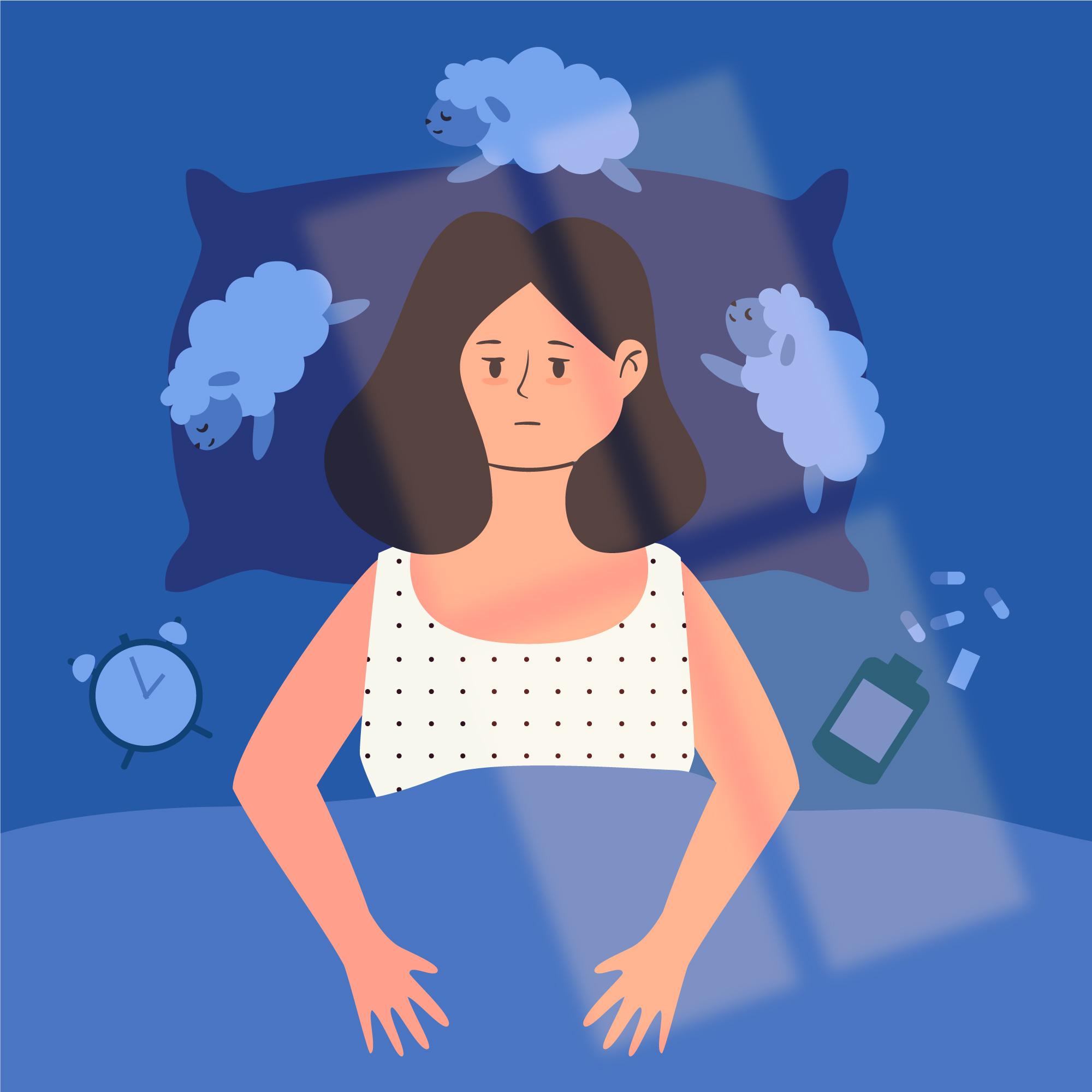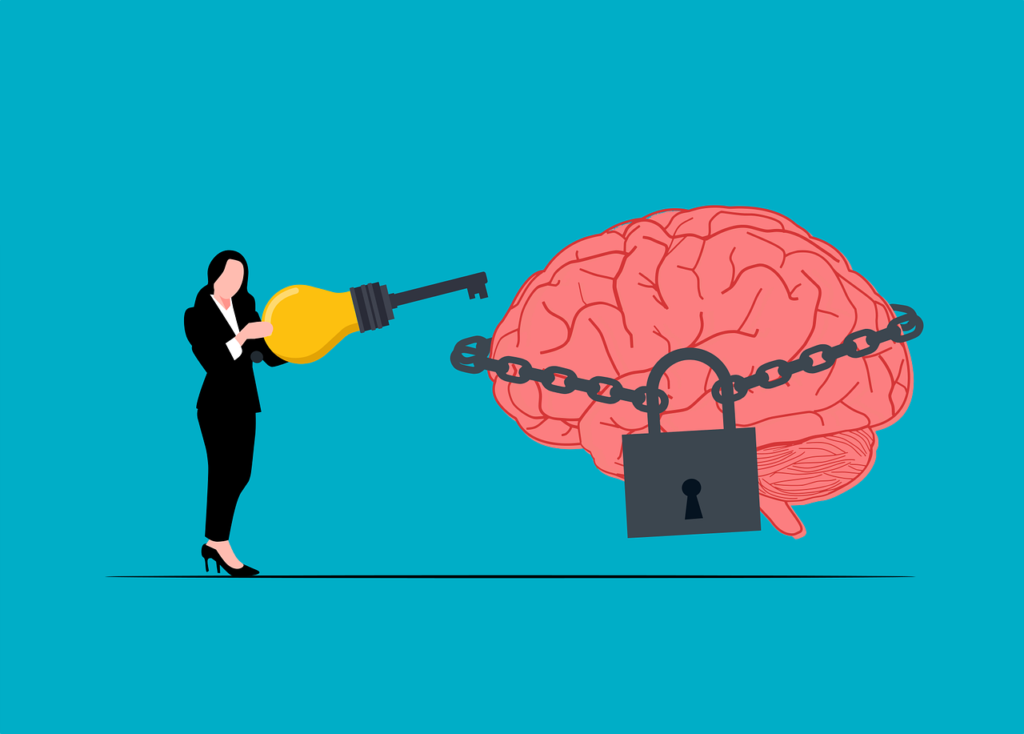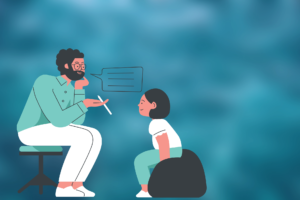Abhivritiprakash
psychotherapy & counseling clinic

Involve problems with the quality, timing, and amount of sleep, which result in daytime distress and impairment in functioning. Sleep-wake disorders often occur along with medical conditions or other mental health conditions, such as depression, anxiety, or cognitive disorders. There are several different types of sleep-wake disorders, of which insomnia is the most common. Other sleep-wake disorders include obstructive sleep apnea, parasomnias, narcolepsy, and restless leg syndrome.Sleep difficulties are linked to both physical and emotional problems. Sleep problems can both contribute to or exacerbate mental health conditions and can be a symptom of other mental health conditions.
Connect us
Sleep-Wake Disorders
Sleep disorders involve an interruption in sleep patterns that leads to distress and affects daytime functioning. Examples of sleep disorders include:
Narcolepsy
Narcolepsy is a condition in which people experience an irrepressible need to sleep. People with narcolepsy may experience a sudden loss of muscle tone, also known as cataplexy.15
They are also prone to hypnagogic hallucinations, which happen as someone falls asleep, and hypnopompic hallucinations, which happen as someone wakes up.16
Insomnia Disorder
Insomnia disorder involves being unable to get enough sleep to feel rested. While all people experience sleeping difficulties and interruptions at some point, insomnia is considered a disorder when it is accompanied by significant distress or impairment over time.
Hypersomnolence
Hypersomnolence disorder is characterized by excessive sleepiness despite an adequate main sleep period. People with this condition may fall asleep during the day at inappropriate times such as at work and school.
Breathing-Related Sleep Disorders
Breathing-related sleep disorders are those that involve breathing anomalies—such as sleep apnea—that can occur during sleep. These breathing problems can result in brief interruptions in sleep that can lead to other problems including insomnia and daytime sleepiness.
Parasomnias
Parasomnia is a term that describes sleep disorders that feature unusual behaviors. Such disorders include sleepwalking, sleep terrors, sleep talking, and sleep eating.
Restless Legs Syndrome
Restless legs syndrome is a neurological condition that involves having uncomfortable sensations in the legs and an irresistible urge to move the legs in order to relieve the sensations. People with this condition may feel tugging, creeping, burning, and crawling sensations in their legs resulting in an excessive movement which then interferes with sleep.

The clinic’s psychologists possess extensive expertise in understanding and treating sleep disorders. Psychological Life Care Center has in-depth knowledge of various sleep disorders, such as insomnia, sleep apnea, narcolepsy, and restless leg syndrome. With their specialized training and experience, our psychologists can accurately diagnose sleep disorders and develop targeted treatment plans.

We recognize that sleep disorders can have unique causes and manifestations for each person. Psychologists at AbhivritiPraksh Mental Health Clinic believe in providing personalized treatment plans tailored to the specific needs and challenges of each patient. Through thorough assessments and discussions, we develop personalized strategies to address the underlying factors contributing to sleep disorders.

As the leading sleep disorder psychologist evidence-based therapies like Cognitive-Behavioral Therapy for Insomnia (CBT-I). CBT-I is a structured, short-term therapy that targets the cognitive and behavioral factors contributing to insomnia. psychologists work with patients to identify and modify negative sleep-related thoughts, establish healthy sleep habits, and address lifestyle factors that impact sleep quality.
Abhivritipraksh emphasizes the importance of sleep hygiene in improving sleep quality. We provide comprehensive sleep hygiene education, guiding clients in adopting healthy sleep practices. This includes establishing a consistent sleep schedule, creating a comfortable sleep environment, managing stress, and avoiding stimulants that can disrupt sleep. Through education and support, our psychologists empower clients to make positive changes for better sleep.
Stress and anxiety often contribute to sleep disorders. psychologists various relaxation techniques and stress management strategies to help patients unwind before bed and promote relaxation. These may include deep breathing exercises, mindfulness techniques, progressive muscle relaxation, and guided imagery. By addressing stress and promoting relaxation, our psychologists help clients achieve a calm and peaceful state conducive to quality sleep.